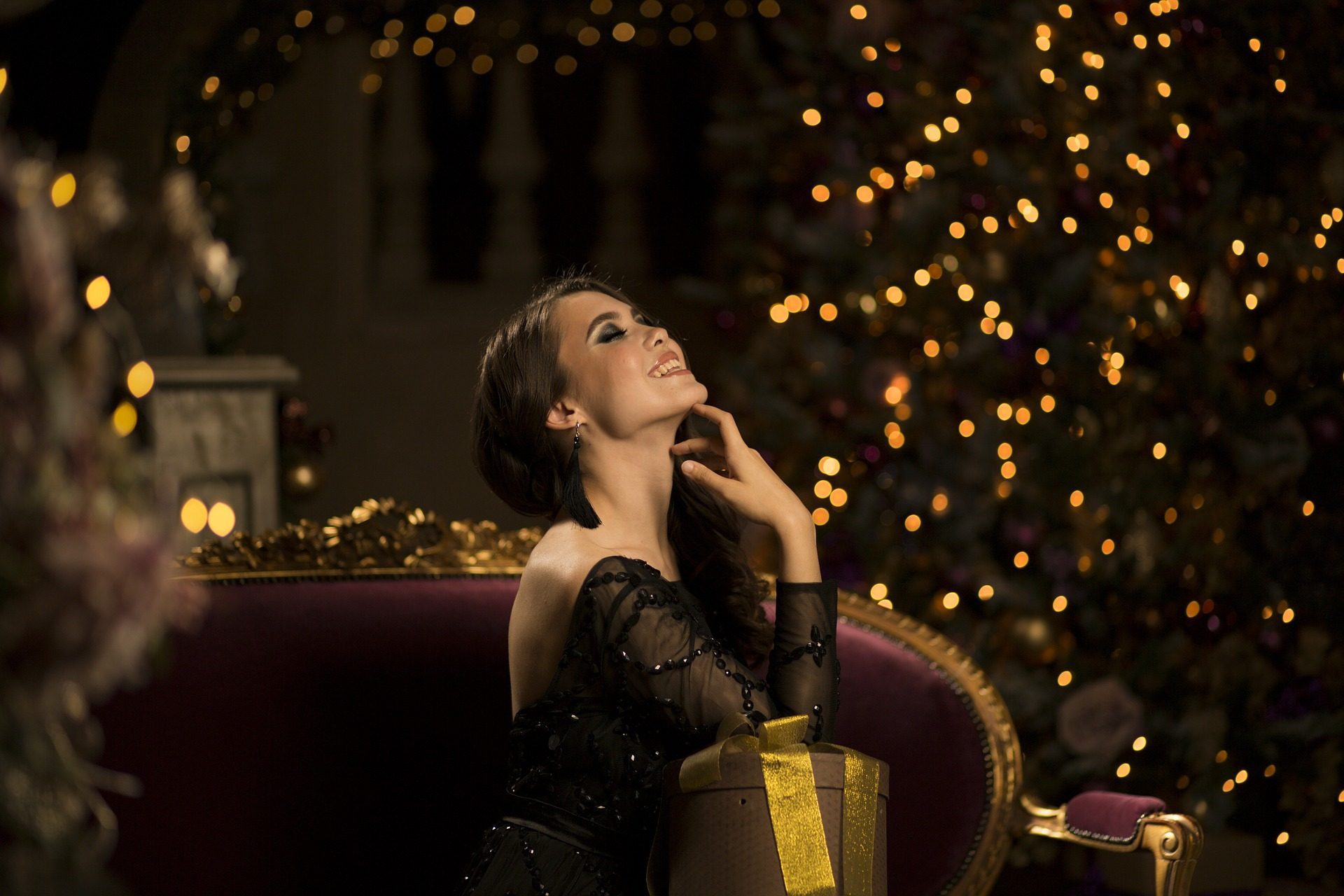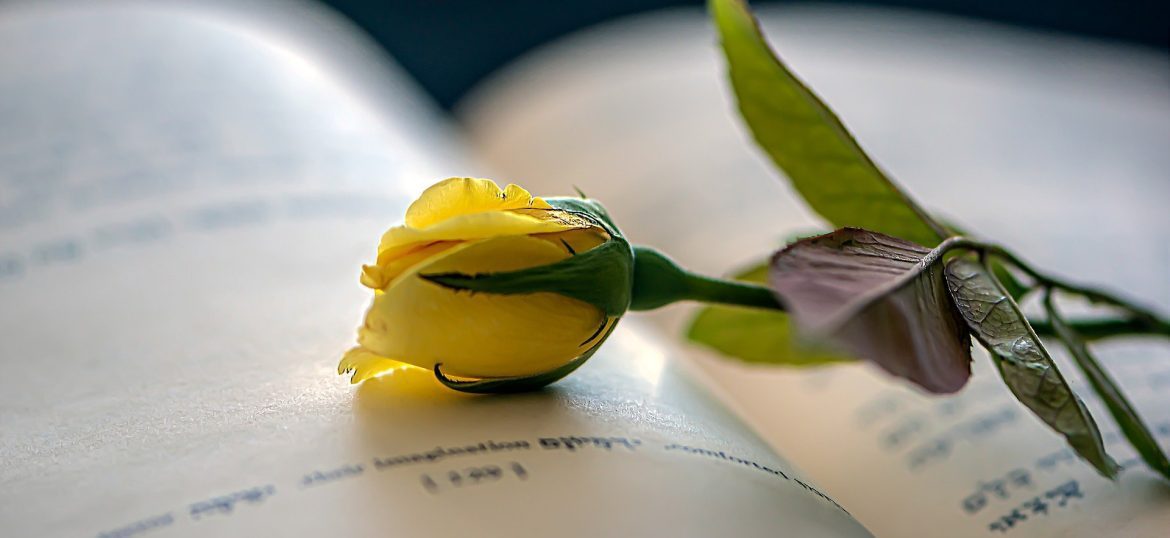The perfume industry is a world of its own with its own language, rituals and trends which are constantly changing to reflect our changing society. According to Jellinek (1981), this world is divided into two groups: the makers of perfume, who are responsible for quality control and inventing new scents to launch onto the market, and the marketers who are responsible for promoting the brand to consumers.
The language of perfume is integral to its appeal. The names given to perfumes are often sexy in tone, implying that wearing the scent will have sexual connotations. For example, some of the names given to fragrances by Ann Gottlieb for Estee Lauder are: “Heat,” “L’Envoi,” “Titanic,” and “Alliage.”
In addition, many perfumes have been developed from ingredients with medicinal benefits. For example, in the 1920s a French perfume was developed from a mixture of wormwood, rosemary, lavender and mint. This fragrance was commonly prescribed by physicians for pregnant women to help prevent miscarriage. It also contained ginger which was supposed to aid circulation. The French perfume was called “Fleurs de Rocaille.”
In today’s world, the importance of fragrances lies in their ability to arouse or elicit emotions and memories hence the emotional component of perfume is a popular subject that has been researched by the fragrance industry, retailing and marketing communities. Once a person is exposed to a fragrance that has been worn by someone they know or admire, a memory is often invoked. In a commercial sense, this emotion can be used to sell a product by making the person more likely to purchase the perfume. For example, there have been many celebrity fragrances launched onto the market such as: “Heat,” by Jennifer Lopez; “Chloe,” by Chloe Sevigny; “Vera Wang,” by Vera Wang; and “Paris Hilton,” by Paris Hilton.


Fragrance has always been a part of human societies and is something which we cannot seem to live without. What we smell affects our moods and how we feel. Aromatherapy defines fragrance as: “the science of using natural or synthetic ‘essential oils’ to promote mental and physical well-being, or to otherwise enhance the environment.” The word “aroma” is based on the Latin word “Aromata,” which means: “any substance that emits a strong aroma; sweet smelling fragrance.” Aromatherapy has been around since early Egyptians when they used fragrances to prepare their dead for mummification.
In modern times, the emotional effects of fragrance have become commercialized and a major part of marketing strategies. The major cosmetic companies design fragrances which will arouse a specific emotion in the consumer. Many perfumes today are called “sensorial experiences” because they prompt a reaction from the consumer through olfactory senses. In a marketer’s eyes, fragrance can be defined as: “A pleasant or appealing smell often associated with a particular product.”
Fragrance is broken down into three different categories: “Eau de Cologne,” Eau de Parfum,” and “Parfum.” The most common of the three is “Eau de Cologne,” which is defined as: “A fresh, aromatic, fruity-floral scent composed of about 2/3 essential oils and 1/3 alcohol.” Eau de cologne originated in Germany in 1709. It was created by Giovanni Maria Farina using botanical extracts including orange peel, lemon, lime, tangerine, bergamot and neroli. Eau de Cologne has been referred to as the “King of Waters” because it was favored by many men at that time. The second category is “Eau de Parfum,” which is defined as: “A more concentrated fragrance with a higher percentage of essential oils and less alcohol than the Eau de Cologne.” This fragrance is meant to last longer on the skin. The third category is “Parfum,” which is defined as: “A highly concentrated form of a fragrance, often containing essential oils diluted in alcohol.” However, there are no set definitions regarding the three categories.
Some school of thought even says thet perfume & fragrance is similar to music in that both are abstract art forms, and like other arts which appeal to the emotions or imagination, both can be enjoyed in private or shared in public.
Perfumes evoke emotional responses in much the same way as works of art do. Many who wear perfume for themselves do so because they think it makes them feel sexy, playful, elegant or powerful depending on the scent they choose. As with any art object, consumers who wear perfume want to express themselves and wish to convey their feelings to others.


The key to buying perfume is very similar to that for buying other sensory products like music or clothes. Consumers need information about the product before making a purchase decision. However, unlike other sensory products, the information consumers can extract from packaging is limited. The product itself remains hidden until it is brought home and used.
For this reason, brand image has assumed much greater importance in perfume marketing than with other types of shopping goods. Consumers rely heavily on packaging to give them clues about what the product will be like.
When a woman has decided to buy a perfume she wants the whole buying process to be an enjoyable, sensuous experience. The perfume will be part of her sense of femininity and enable her to express herself in myriad ways. A woman not only wants the right scent for herself, but also one which conveys the right image to others.
When a woman is able to find the right perfume, she will feel feminine and sensuous. The product will fit in with her moods and create a positive image for her sense of self. In this way, the purchase of perfume becomes another way of expressing herself as a woman.
Psychology plays a huge role in the purchasing of perfume. For some people, it can be about what they think will make them feel good while for others it is more about how the scent makes them feel when they wear it. When you are looking to buy perfume, consider your motivations behind buying certain scents and try on different perfumes until you find one that matches these needs best! Give our parfum a try. If none of our ranges suit your preferences, please contact us- we would love to help with recommendations or any other queries you might have. We hope this blog post has helped give insights into psychology’s effect on people’s decisions around buying perfume products- do let us know if there is anything else we can answer for you!
Athillia's PrideOur Products
Changing lives thru Scents
-
Athillia Pour Homme Parfum 30ml
RM109.00RM79.00 Add to cart -
Athillia Pour Femme Parfum 30ml
RM109.00RM79.00 Add to cart -
Senj’e @KL Pour Homme Parfum 30ml
RM109.00RM79.00 Add to cart -
Senj’e @KL Pour Femme Parfum 30ml
RM109.00RM79.00 Add to cart -
Athillia Discovery Set
RM69.00 Read more -
IM Series Alluring Amberwood
RM109.00RM79.00 Add to cart -
IM Series Glorious Peony
RM109.00RM79.00 Add to cart













